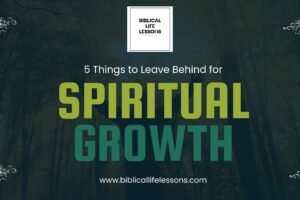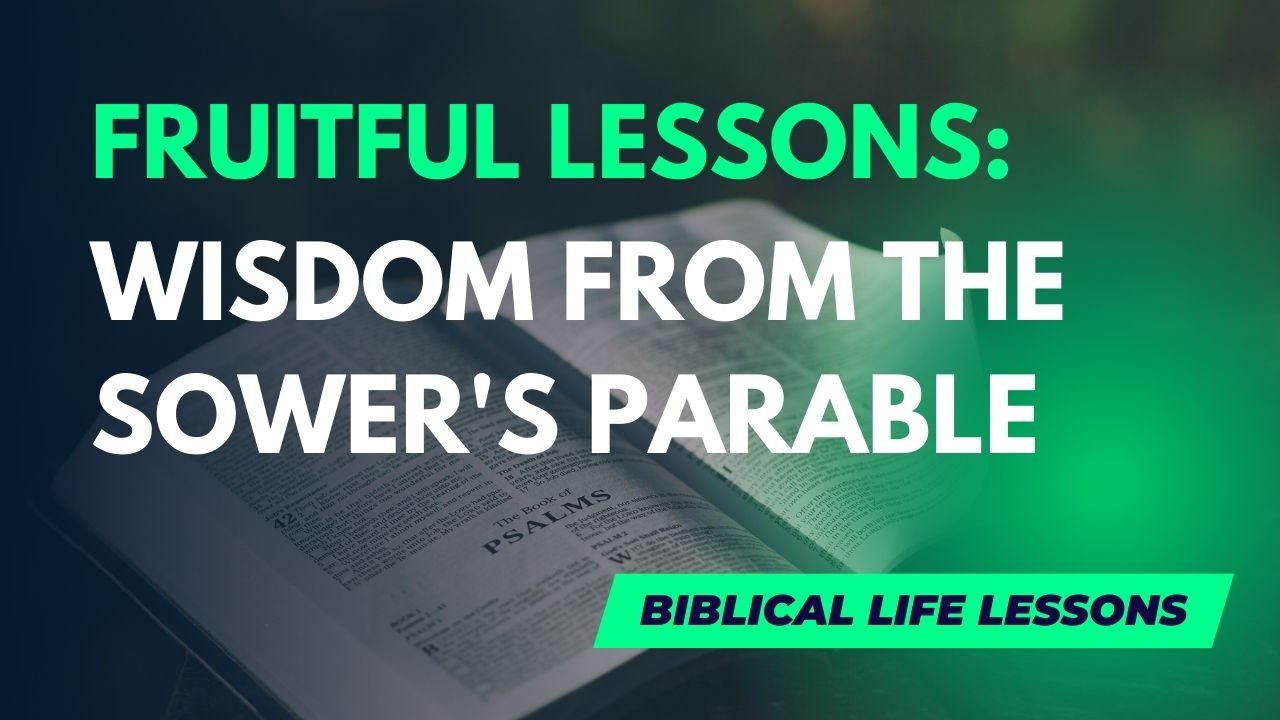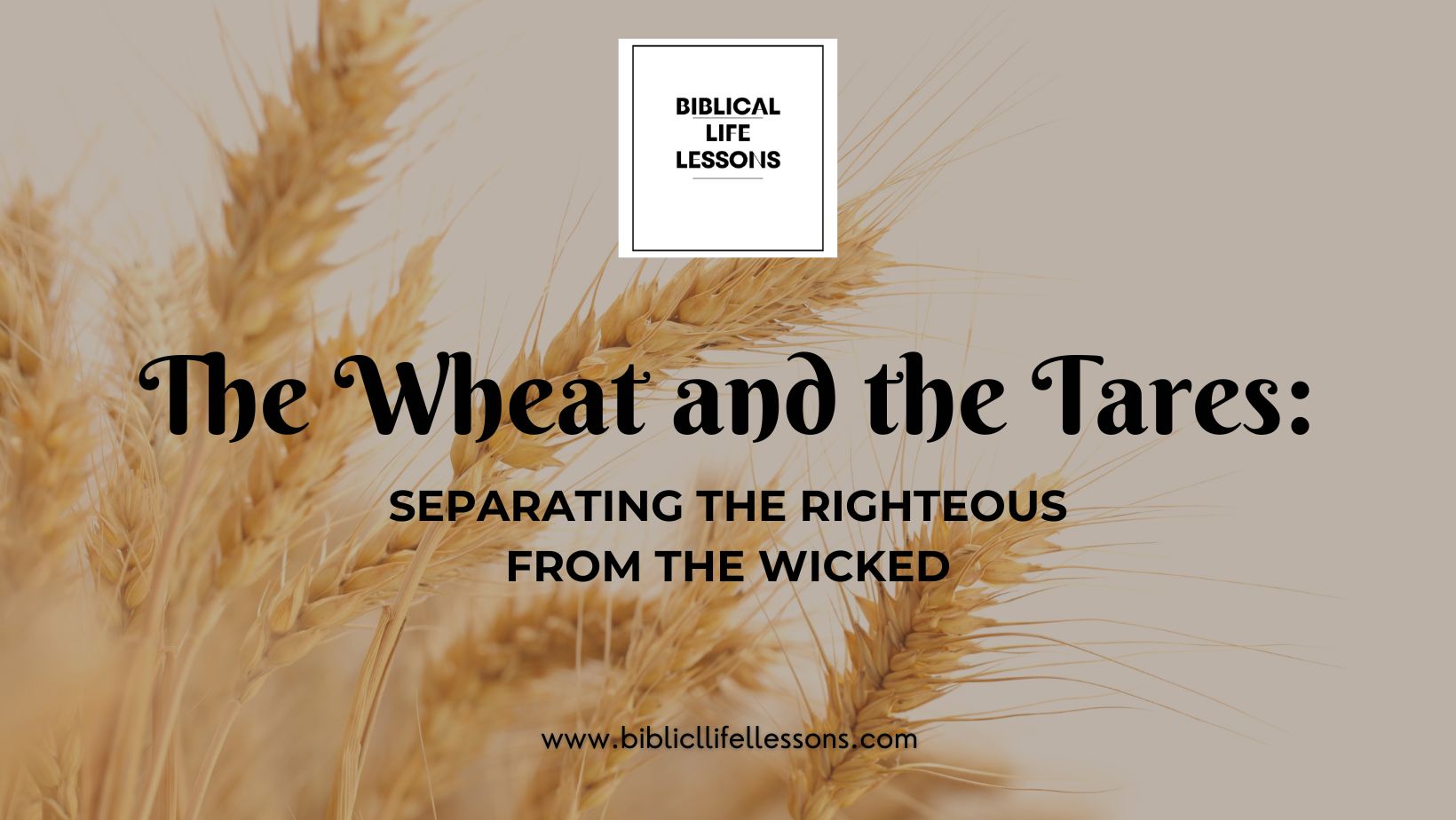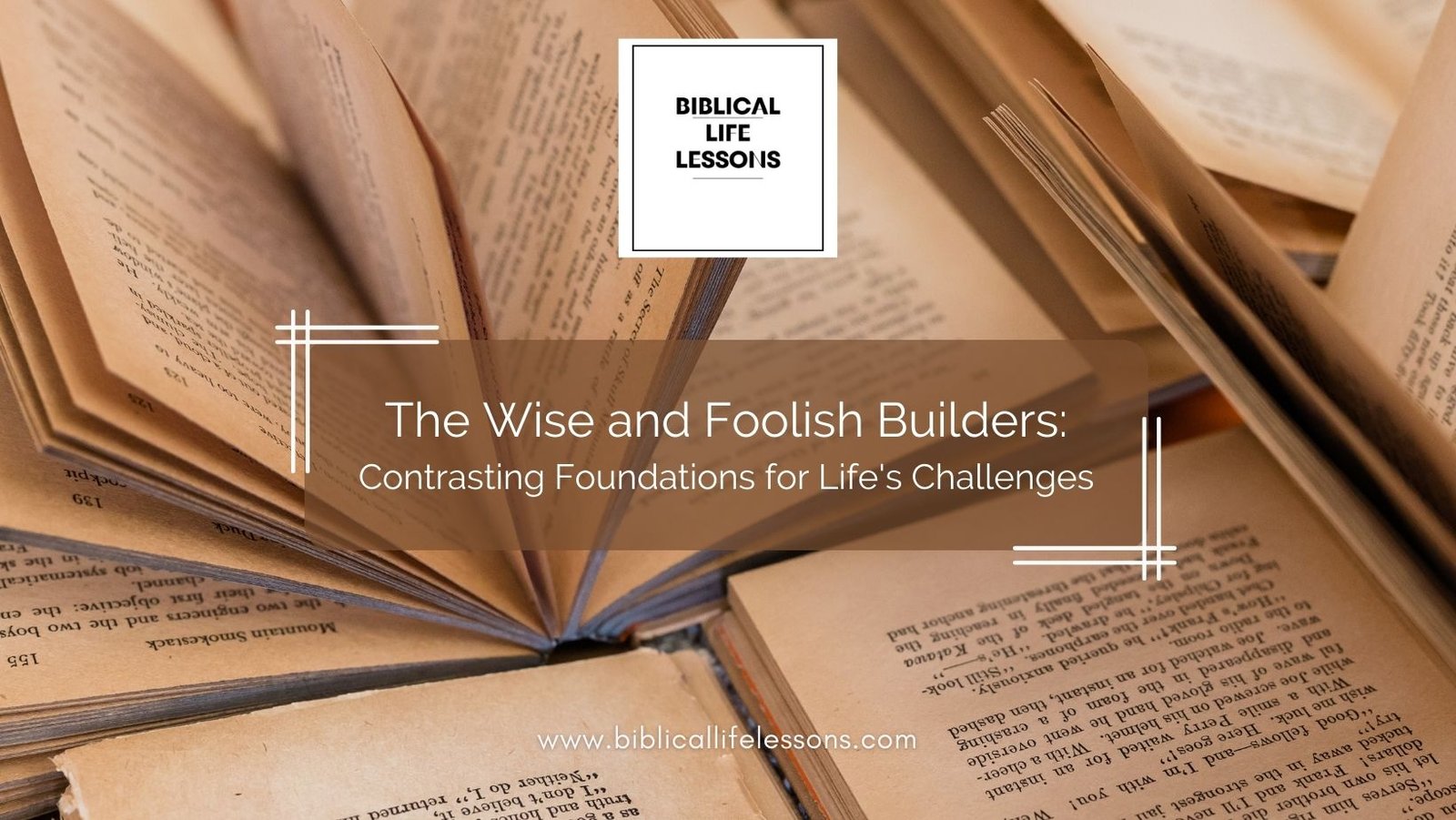In the heart of Jesus’ teachings lies a profound story that encapsulates essential truths about life, growth, and the human condition – the Parable of the Sower. Through the imagery of a sower scattering seeds on different types of soil, this parable conveys timeless wisdom that resonates across cultures and generations. Let’s delve into the rich insights it offers and discover the fruitful lessons that it holds for us today.
The Seeds of Potential
In the parable, the sower casts seeds that fall on varying types of soil – a path, rocky ground, thorns, and good soil. Each soil represents a different receptiveness to the seeds, symbolizing the various conditions of human hearts and minds. This diverse reception serves as a poignant reminder that the potential for growth and transformation exists within us all, but our receptiveness is influenced by external factors and inner disposition.
The Gospel of Matthew records Jesus explaining this parable: “But the seed falling on good soil refers to someone who hears the word and understands it. This is the one who produces a crop, yielding a hundred, sixty or thirty times what was sown.” (Matthew 13:23, NIV)
Cultivating the Good Soil
The parable emphasizes the importance of cultivating “good soil” within ourselves – a receptive heart that allows the seeds of wisdom, faith, and truth to take root and flourish. This invites us to reflect on the quality of our hearts and minds, to remove the stones of doubt and the thorns of distraction, and to create an environment conducive to personal and spiritual growth.
Jesus further elaborates on the parable’s meaning: “The seed falling on good soil refers to someone who hears the word and understands it. This is the one who produces a crop, yielding a hundred, sixty or thirty times what was sown.” (Matthew 13:23, NIV)
Navigating Challenges and Trials
The rocky ground and thorns in the parable symbolize the challenges and distractions that can hinder our growth. Just as seeds struggle to take root in shallow soil or compete with thorns for resources, we often encounter difficulties and adversities that test our resilience. The parable encourages us to remain steadfast and adaptable, finding ways to overcome obstacles on our journey toward self-improvement and enlightenment.
Jesus’ explanation sheds light on the significance of the thorns: “The seed falling among the thorns refers to someone who hears the word, but the worries of this life and the deceitfulness of wealth choke the word, making it unfruitful.” (Matthew 13:22, NIV)
The Power of Nurturing
The image of the sower tending to the good soil underscores the importance of nurturing our growth. Just as a farmer cares for crops, we must invest time and effort in tending to our inner selves. This might involve seeking knowledge, practicing mindfulness, and fostering positive habits that contribute to our personal development.
The Gospel of Mark echoes the concept of nurturing: “Others, like seed sown on good soil, hear the word, accept it, and produce a crop—some thirty, some sixty, some a hundred times what was sown.” (Mark 4:20, NIV)
Harvesting a Life of Meaning
The climax of the parable is the harvest – the fruition of the seeds that have been sown in good soil. This imagery reminds us that the effort we invest in cultivating our inner landscape yields meaningful results. Just as the sower reaps a bountiful harvest, we can experience the fulfillment of a life enriched by wisdom, love, and purpose when we tend to our hearts and minds.
Jesus concludes the parable with a powerful lesson: “But the seed on good soil stands for those with a noble and good heart, who hear the word, retain it, and by persevering produce a crop.” (Luke 8:15, NIV)
Lessons for Modern Living
The Parable of the Sower holds valuable insights for navigating the complexities of modern life:
* Cultivating Resilience
Navigating challenges requires a resilient spirit. Just as seeds adapt to their environment, we can develop resilience by acknowledging difficulties while remaining focused on our goals.
* Mindful Receptiveness
Being mindful of the soil of our hearts helps us recognize when negativity, doubt, or distractions are taking root. Through self-awareness, we can nurture a fertile inner landscape.
* Investing in Growth
Just as the sower invests effort into cultivating good soil, we must invest in our personal growth. Whether through learning, self-care, or spiritual practices, nurturing ourselves is essential.
* Reaping Fulfillment
The parable teaches that nurturing our inner potential leads to a life of fulfillment. By tending to our growth, we can harvest a life rich in meaningful experiences and relationships.
Nurturing the Seeds Within
The Parable of the Sower invites us to reflect on the condition of our hearts and the choices we make in nurturing our inner landscape. It reminds us that growth requires intention, effort, and the willingness to overcome obstacles. By heeding the lessons of the sower, we can cultivate a life that bears the sweet fruits of wisdom, compassion, and purpose, enriching not only our own existence but also the world around us.











